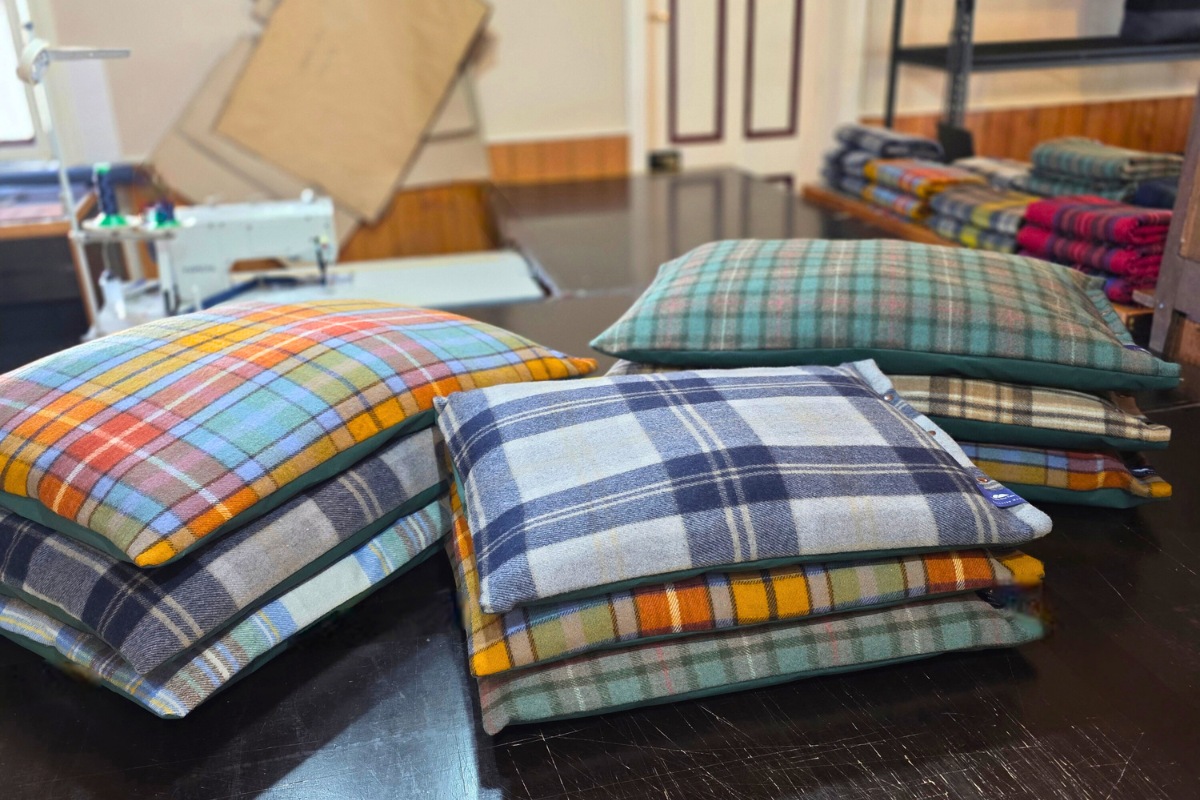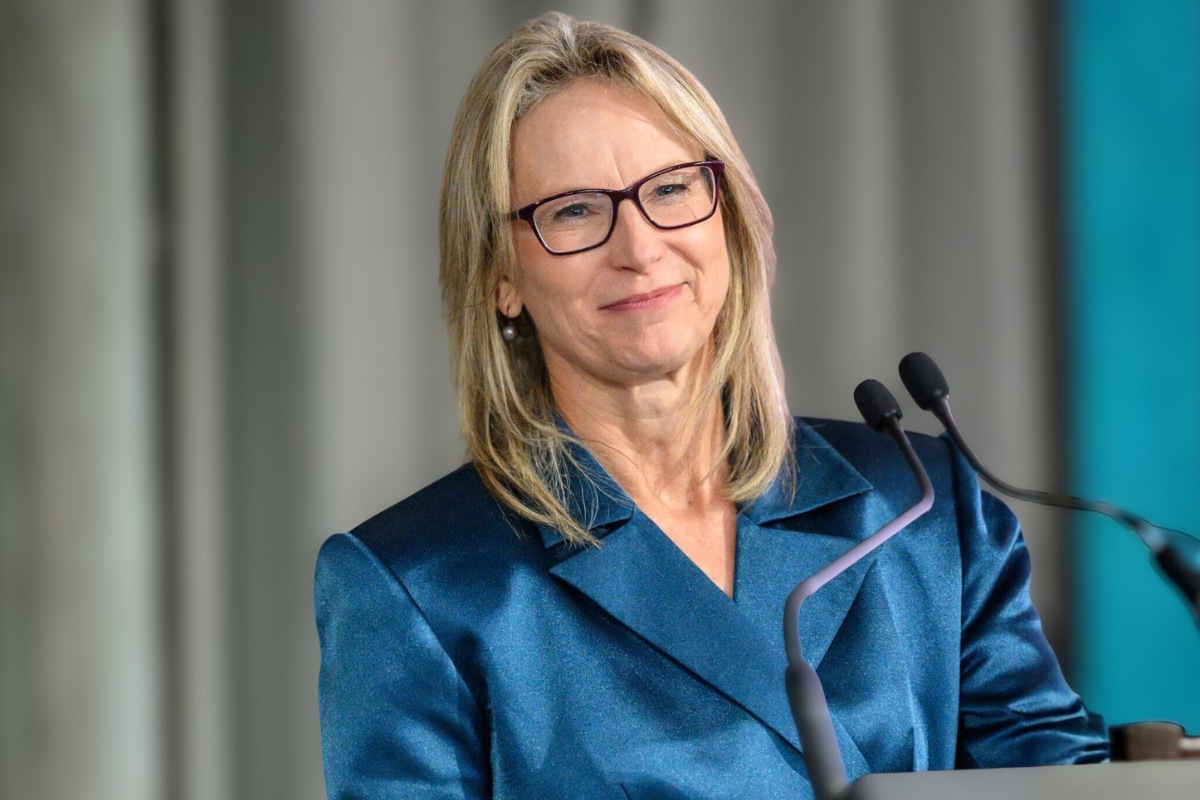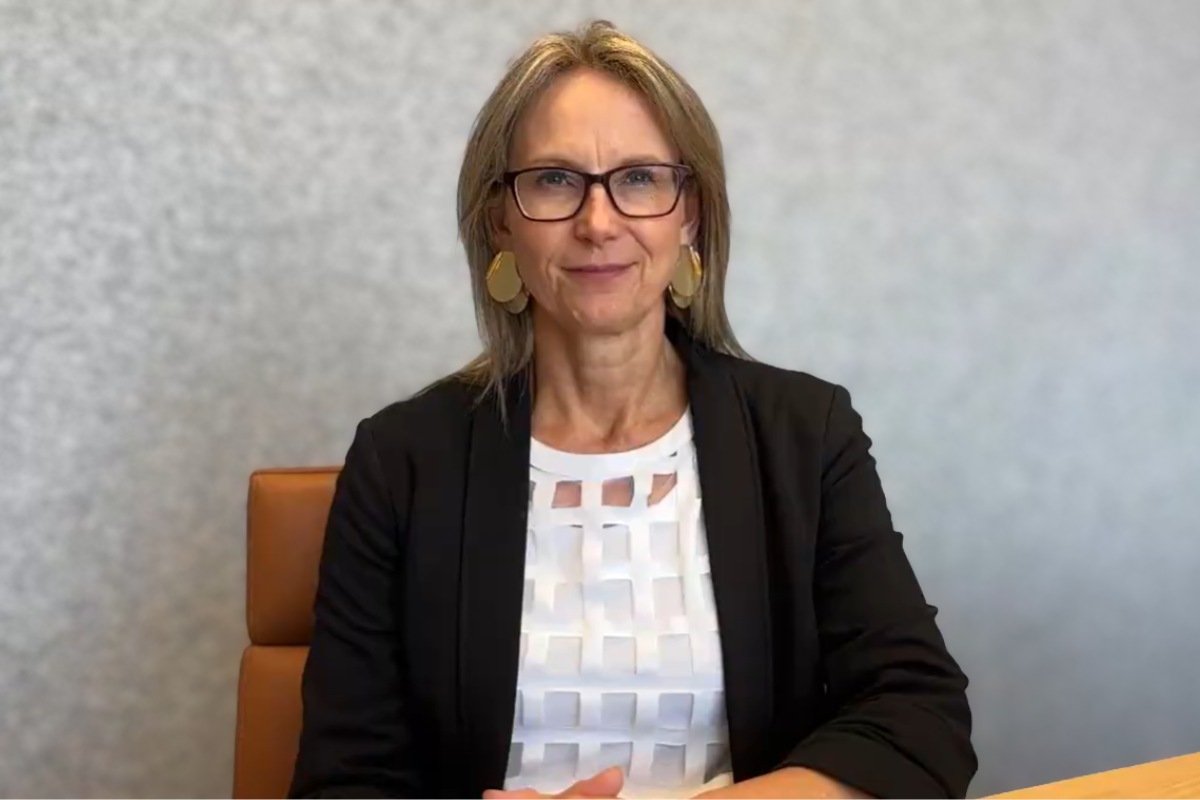As the world’s only voluntary clothing stewardship scheme that incorporates an eco-modulation framework, it’s critical that Seamless collaborate closely with the industry to ensure we’re driving better clothing circularity outcomes.
The Seamless eco-modulation and data reporting working group met for the first time in February 2025 and has recently wrapped up. Members were drawn from organisations across Australia’s clothing industry and included representatives from David Jones, ELK, GS1 Australia, JAG, Philosophy Australia, THE ICONIC, Universal Store and UTS.
Insights from the group were corroborated by an online consultation process with Seamless members and the learnings from four focus groups to inform the expansion of the Seamless eco-modulation framework.
What is eco-modulation?
Eco-modulation is a framework that adjusts the contributions Seamless members pay for placing clothing on the Australian market based on their environmental impact. Members initially pay a contribution for each garment they place on the market, and this contribution is then adjusted based on a range of criteria. The framework incentivises better circular clothing design processes and practices, and encourages brands to produce clothing with a lower environmental impact and circular end-of-life pathways.
Validating an expanded eco-modulation framework
Since July 2024, Seamless members have been rewarded with a 25% reduction in the contribution they pay for every garment that meets the initial eco-modulation criteria. Garments that meet this criteria are those which have a primary material made from a mono-material or single fibre at a rate of at least 95%. For example, a 100% cotton shirt would meet the eco-modulation threshold even if the tag or thread was not cotton, if these elements made up less than 5% of the total garment.
Garments that meet this initial eco-modulation criteria are able to be more easily sorted and recycled under a single fibre stream.
However, if eco-modulation is going to drive real change towards a circular clothing economy, it needs to go beyond this simple criteria. The working group’s mission was to validate an expanded framework that would provide a clear pathway to a circular clothing economy by 2030, that was aligned with broader organisational and system-level changes.
The proposed expanded framework
It is proposed that the current eco-modulation framework be expanded to provide a pathway to clothing circularity that is aligned with circular design principles and introduces bonuses that reward progress in establishing circular business models, as well as initiatives that close the loop and encourage citizen behaviour change.
Insights from the working group
The working group shared insights for a successful eco-modulation framework, which are that:
1. Accountability, verification and transparency are essential for establishing the credibility of an expanded system.
2. New criteria must be introduced with sufficient lead time to align with product development timelines, which often span 18 to 24 months.
3. Incentives must be supported by clear definitions and reliable implementation guidance.
What's next
The insights from this comprehensive industry consultation process are feeding into the final expanded eco-modulation framework to ensure that the changes are realistic, practical and impactful. This framework will be released before the end of 2025 along with revised clothing data reporting guidance for Seamless members.
Our sincere thanks to working group members from David Jones, ELK, GS1 Australia, JAG, Philosophy Australia, THE ICONIC, Universal Store and UTS. Thanks also to the individuals and organisations who participated in our focus groups: Berlei, Lorna Jane, Rip Curl, RMIT University, TAFE NSW, the Monash Sustainable Development Institute, the Product Stewardship Centre of Excellence and The Sussan Group, as well as Courtney Holm and Julie Boulton. Your honest feedback about implementation challenges, your insights into product development realities, and your commitment to building a credible framework have shaped an approach that will deliver real world impact.






